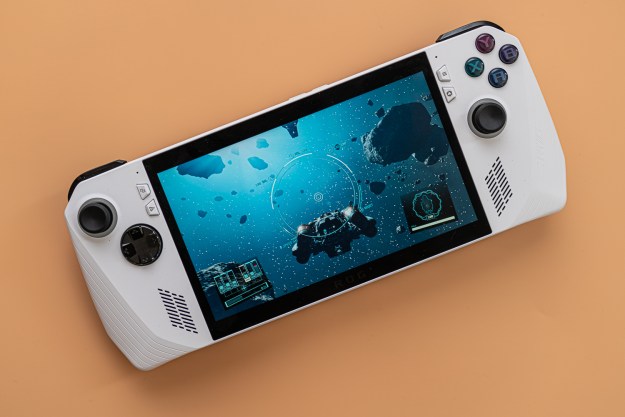
Who to believe? Gartner, which says shipments in 2014’s final three months amounted to 83.7 million units, hiking one percent year-on-year, or IDC, with 80.8 million total systems pushed to consumers, and a 2.4 percent drop compared to Q4 2013?
Ultimately, it doesn’t matter all that much, since even IDC’s data hints at better days for the PC. That’s because, while the market “contracted”, sales exceeded ominous expectations, losing just half of the previously anticipated steam. And if the research firm was wrong about the -4.8 percent figure in the first place, maybe these preliminary calculations are at least slightly off as well. One can certainly hope.
When broken down by regions, the two leading market examiners fully agree the US is the most fertile ground for PC recovery. Granted, the 18.1 million unit shipments approximated by Gartner are still nothing next to booming mobile sales. But they mark a vital 13.1 percent increase from 2013’s fourth quarter, owed chiefly to a remarkable box-office performance by HP, according to IDC.
While we’re on the subject, let’s stress that Hewlett-Packard is closing the gap on global champion Lenovo, and upping its stateside lead. If we’re to trust Gartner, Lenovo ruled the world with 16.2 million sales and 19.4 percent market share in Q4, followed by HP at 15.7 mil and 18.8 percentage points respectively.
Americans continue to view Lenovos as second-tier machines, ergo the Chinese giant barely snatched the US fourth place, with 6.8 percent market share, behind HP (29.2), Dell (22.6), and Apple (11.7).
IDC’s numbers put HP even closer to Lenovo worldwide, at 19.7 and 19.9 shares, with the former being just as authoritative in the US of A, edging out Dell by over six percentage points (30.1 vs. 23.8). Lenovo doesn’t make the podium here either, ranking fourth, but Toshiba is surprisingly IDC’s number five instead of Gartner’s Asus.
Last but not least, the 2014 global totals put Lenovo in the lead in both preliminary reports, at 18.8 and 19.2 market shares, compared to 17.5 and 18.4 for HP. Dell is the all-around bronze medalist, with 12.8 and 13.5 percent, Acer comes fourth, at 7.9 and 7.8, and Asus wraps up the top five in Gartner’s view, while IDC lists Apple in the satisfactory yet short of impressive fifth position.


